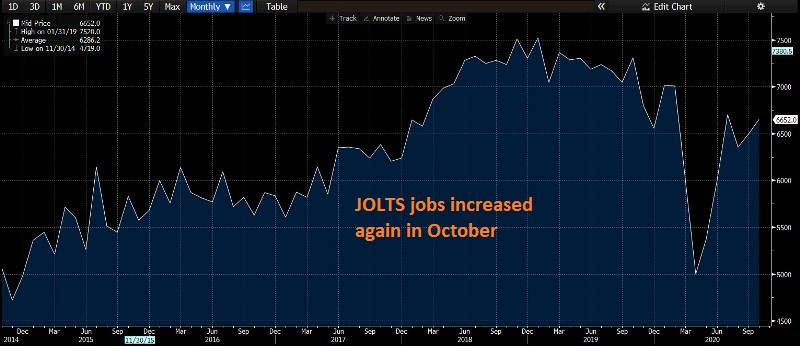
You can include the general TIPS fund in your overall portfolio allocation. Research shows that 20% is a good starting level for the fixed income section of your portfolio. This will help you to hedge against inflation, and decrease your risk in times of low inflation. However, you must consider your risk tolerance when choosing a TIPS fund. This article will focus on two types TIPS funds. Below are some benefits of TIPS funds and tips on how to make educated decisions.
Vanguard Inflation-Protected Securities Fund
Vanguard Inflation Protected Security Fund is designed to provide income as well protection from inflation. Its objectives are the same as those of U.S. inflation-indexed securities. The fund primarily invests in Treasury inflation protection securities and some nominal Treasury bond, which provide liquidity. Managers seek to position portfolio holdings in a way that maximizes the yield curve of Treasury inflation protected securities. The fund provides unique portfolio diversification.

The fund is a good choice for investors seeking inflation protection, but is not without its risks. The fund has a high rate of interest risk. If interest rates change, the bond market value will change. Funds can also have negative real results even if inflation is not present for a given time. Vanguard Inflation Protected Securities Fund has net assets of $41.2 million. Its 51 holdings have varying maturities and yields.
Individual TIPS
A TIPS mutual fund, or ETF, is a great choice if you are looking for long-term investment strategies. A TIPS bond will have a fixed interest rate for the duration of its life. An individual TIPS mutual fund will have a variable return rate with varying maturity periods. Knowing what your fund's after-inflation return will be is extremely convenient, especially when you have cash outlays in the future, such as for college or retirement.
The adjusted annual income of TIPS mutual funds owners is subject to tax. The adjusted portion is not distributed as a dividend or interest payment to them. TIPS mutual fund investors are eligible to receive dividends. However, this income is taxed even if the dividend is reinvested. TIPS fund owners often keep TIPS in retirement accounts.
Vanguard Inflation-Protected Securities
TIPS can be a good investment option to help you avoid inflation risk. TIPS bonds have a principal value that adjusts to inflation. Inflation-protected security tend to gain in value. However, TIPS carry some risk. Low inflation periods can cause the TIPS' market value to fall, which could lead to a decrease in the fund's net assets value. This fund is not recommended for those with limited tolerance for volatility in share prices, precarious employment or other financial situations.

TIPS investing is a great way for inflation protection and to still have diversified portfolios. Vanguard Inflation Protected Securities Tips Fund invests primarily in U.S. Treasury inflation protected securities with some allocations of nominal Treasury bonds to manage liquidity. To take advantage of the inefficiencies in bond pricing, managers position portfolio holdings according to the Treasury inflation-protected Securities yield curve. This fund offers investors unique portfolio diversification opportunities.
FAQ
How Do People Lose Money in the Stock Market?
Stock market is not a place to make money buying high and selling low. It's a place where you lose money by buying high and selling low.
The stock market is for those who are willing to take chances. They would like to purchase stocks at low prices, and then sell them at higher prices.
They believe they will gain from the market's volatility. If they aren't careful, they might lose all of their money.
What is security at the stock market and what does it mean?
Security is an asset that generates income for its owner. Shares in companies is the most common form of security.
A company could issue bonds, preferred stocks or common stocks.
The value of a share depends on the earnings per share (EPS) and dividends the company pays.
You own a part of the company when you purchase a share. This gives you a claim on future profits. If the company pays a dividend, you receive money from the company.
You can always sell your shares.
What's the role of the Securities and Exchange Commission (SEC)?
The SEC regulates securities exchanges, broker-dealers, investment companies, and other entities involved in the distribution of securities. It enforces federal securities regulations.
Statistics
- US resident who opens a new IBKR Pro individual or joint account receives a 0.25% rate reduction on margin loans. (nerdwallet.com)
- Our focus on Main Street investors reflects the fact that American households own $38 trillion worth of equities, more than 59 percent of the U.S. equity market either directly or indirectly through mutual funds, retirement accounts, and other investments. (sec.gov)
- "If all of your money's in one stock, you could potentially lose 50% of it overnight," Moore says. (nerdwallet.com)
- The S&P 500 has grown about 10.5% per year since its establishment in the 1920s. (investopedia.com)
External Links
How To
What are the best ways to invest in bonds?
You will need to purchase a bond investment fund. Although the interest rates are very low, they will pay you back in regular installments. You can earn money over time with these interest rates.
There are many ways to invest in bonds.
-
Directly buying individual bonds.
-
Purchase of shares in a bond investment
-
Investing through a broker or bank
-
Investing through a financial institution.
-
Investing with a pension plan
-
Directly invest with a stockbroker
-
Investing through a Mutual Fund
-
Investing through a unit-trust
-
Investing via a life policy
-
Investing with a private equity firm
-
Investing in an index-linked investment fund
-
Investing through a Hedge Fund